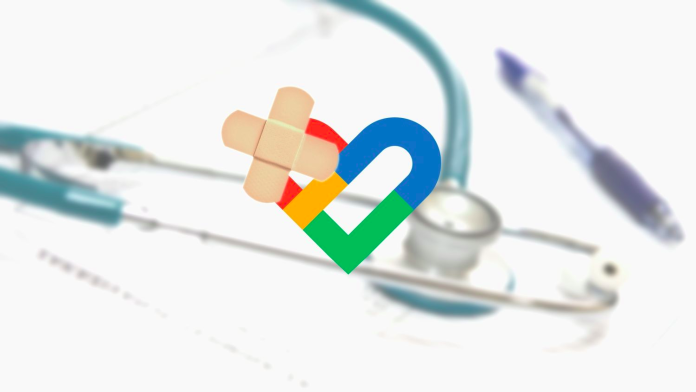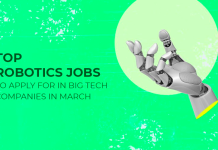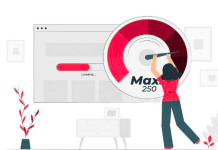Google Health is having a field day today — the company is dubbing it as “The Check Up” — and part of it means checking up on what artificial intelligence has enabled in and out of doctors’ offices around the world: using ordinary equipment to quickly generate accurate results.
One of these new-fangled methods involves using the on-board microphones on a smartphone as a stethoscope to detect circulatory irregularities like murmurs. As with previous research into using smartphone cameras to measure respiratory and heart rates, these procedural innovations could be deployed through teleheath, saving the need and time for patients to travel to a doctor.
On the macular front, Google says it is moving on “early promising results” in using existing clinical cameras to detect diabetic eye disease to fund more clinical trials on the use of smartphones to do the very same thing. The company is boasting 350 daily patient screenings using Automated Retinal Disease Assessment — the actual AI engine all those images are being processed through — and over 100,000 patients treated overall where trials have been done in Thailand.
For all the potential these consumer-grade options present, however, there are plenty of roadblocks that make healthcare so much of a challenge to access much less to get the mechanics down. In trialing ARDA, Google Health researchers say clinicians had to deal with small issues like turning the lights off, pulling a cover onto the patient, and having the patient tolerate flashes from the phone’s LED to generate images the engine is able to grade.
Sure, the results were right and delivered in 10 minutes as opposed to 10 weeks through traditional consults, but when internet at the hospital basically goes out for two hours, is AI efficacious? And even with an accurate positive diagnosis, if a patient isn’t able to drive an hour to the nearest hospital that can treat diabetic retinopathy because they can’t afford to miss work for it, then what’s the point of the whole exercise?
One must wonder if Google’s machines could learn how to create and operate an entire healthcare system that actually works.















